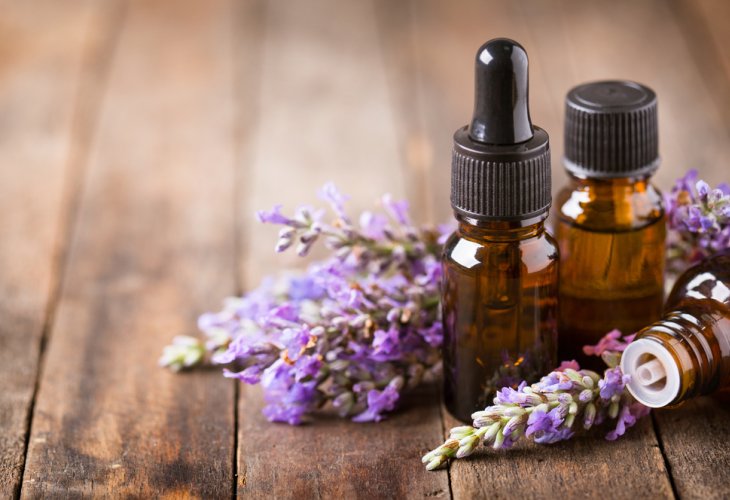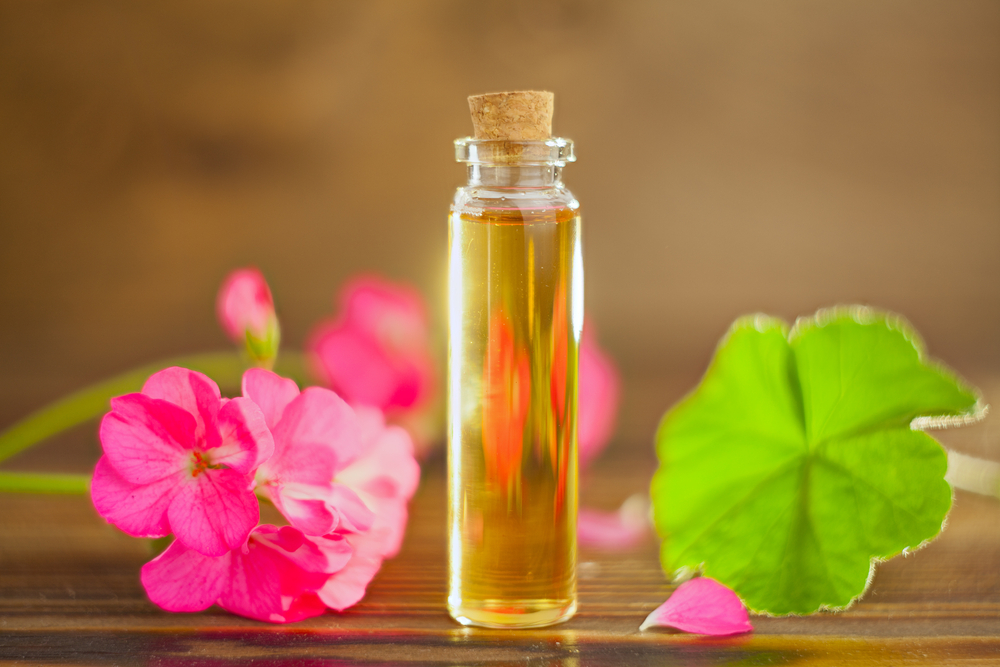Depression and Anxiety
The Healing Power of Aromatherapy: Natural Relief for Stress, Anxiety, and Emotional Balance
Discover how essential oils can support mental well-being, ease depression, and promote relaxation
 Lavender (Photo: shutterstock)
Lavender (Photo: shutterstock)The Creator has gifted us with many natural ways to support and even heal challenges in both physical and emotional health. Aromatherapy is a treatment approach that uses oils extracted from various natural sources such as flowers (like lavender and jasmine), citrus fruits (like orange and lemon), or resins (like myrrh and frankincense).
These oils are obtained through a process called distillation and are referred to as essential oils. The liquids produced alongside the oils in the distillation process are called hydrosols. For example, you can have both lavender essential oil and lavender hydrosol. Essential oils are much more concentrated and contain higher levels of active compounds than hydrosols. Most essential oils must be diluted in carrier oils (like sesame, jojoba, or grapeseed oil) due to their potency. A few oils, such as lavender and tea tree, can be applied directly to the skin in small amounts. Hydrosols, on the other hand, are mild enough to be consumed in appropriate quantities.
Aromatherapy is science-backed
Aromatherapy is not just folk medicine- its effectiveness is supported by scientific research. Lab tests and analyses identify the active components in each essential oil, and scientists now understand how these components affect the body, including specific areas of the brain.
For instance, the following essential oils have been shown to ease negative emotional states:
Sweet Orange – Alleviates depression, stress, anxiety, restlessness, hysteria, and even insomnia.
Grapefruit – Helps with depression, sadness, stress, and nervous tension.
Lavender – Eases depression, anxiety, tension, and sleep disturbances; deeply calming and balancing.
Benzoin – Supports emotional balance in cases of depression, migraines, sadness, stress, and anxiety.
Bergamot – Helps with depression and migraines; relaxing and balancing.
Geranium – Treats depression, anxiety, and emotional imbalance.
How do essential oils work?
When you inhale essential oils, their molecules enter your bloodstream via the lungs and also trigger receptors in the nervous system that send signals directly to the limbic system, the brain's emotional center. This area controls emotions such as pleasure, pain, fear, anger, and sadness.
Essential oil molecules can even pass through the blood-brain barrier, which normally protects the brain by only allowing extremely small nutrients and oxygen molecules to enter. These aromatic molecules are small enough to penetrate and affect brain function directly through smell.
 (Photo: shutterstock)
(Photo: shutterstock)Ways to use essential oils:
Oil burner or diffuser – Add 10 drops to a burner with water to prevent direct heating of the oil.
Small bowl with hot water – Place a few drops in a bowl of hot water in your living room (e.g., before Shabbat for fragrance without lighting a flame).
Pillow mist – Drip 2–3 drops of lavender oil onto your pillow for relaxation and sleep support.
Tissue inhalation – Drop 1–2 drops onto a tissue and inhale.
Direct inhalation – Inhale briefly from the bottle (limit exposure to prevent evaporation).
Topical use (skin): Essential oils absorb through the skin into the bloodstream.
Baths – Add 8 drops to a full bath or 4 drops to a foot soak. Stay in the water for 20 minutes, then rest for about 30 minutes.
Massage – Blend with a carrier oil for a therapeutic massage that combines scent and touch for deep relaxation.
Safety and Dosage Guidelines:
Dilution – Most essential oils must be diluted in a carrier oil before applying to the skin. Use reliable sources or a certified practitioner for proper ratios.
Photosensitivity – Some oils (like citrus oils) can increase sun sensitivity. Avoid sun exposure on areas where such oils are applied for at least 12 hours.
Pregnancy and Nursing – Certain oils (like rosemary, myrrh, and cinnamon) are not recommended. However, many are safe, like those listed above.
Children and infants – Dosage must be age-appropriate. Always consult a qualified practitioner first.
You can find essential oils at pharmacies or health stores, but if you have specific health concerns, it's best to get them through a certified aromatherapist who can ensure quality and personalize treatment.
Physical benefits:
Essential oils don’t just help emotionally, but they also support physical health. Some are excellent for anti-aging, acne, respiratory support, and more.
Aromatherapy is truly one of the Creator’s great gifts. It’s powerful, accessible, and worth integrating into your wellness routine.

